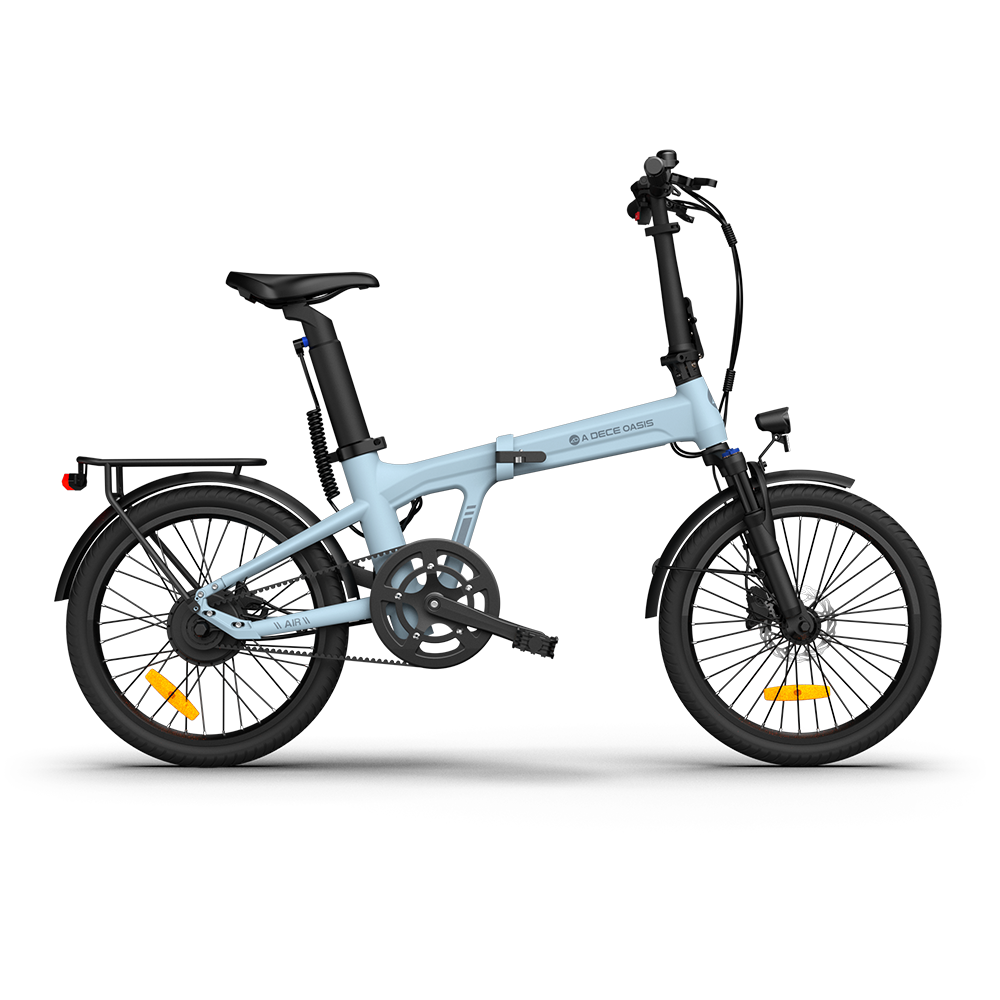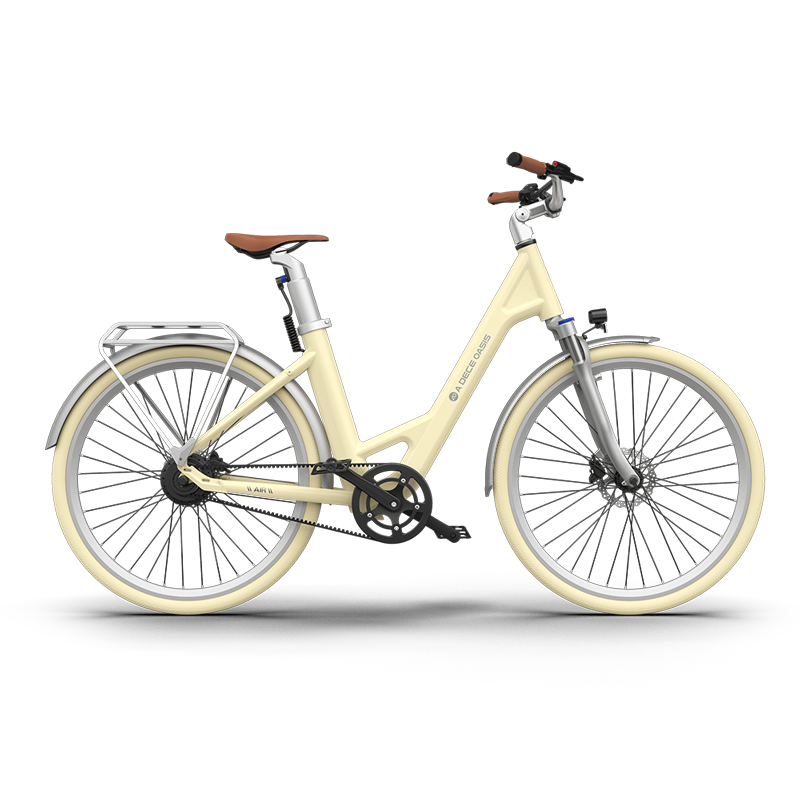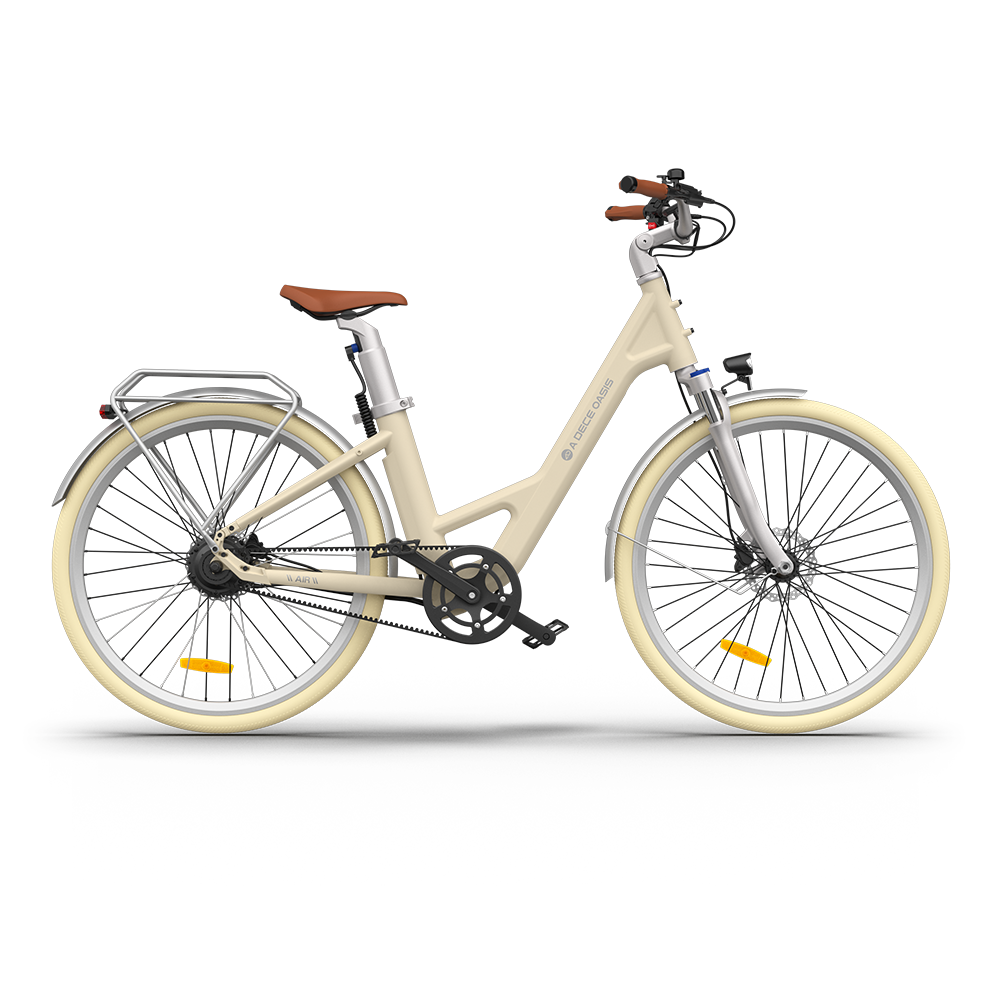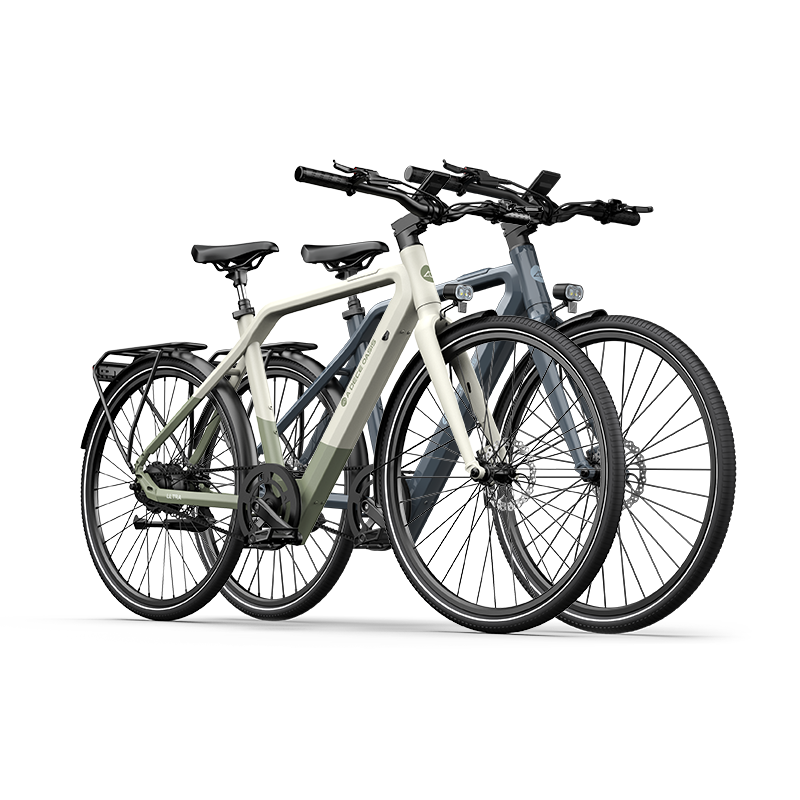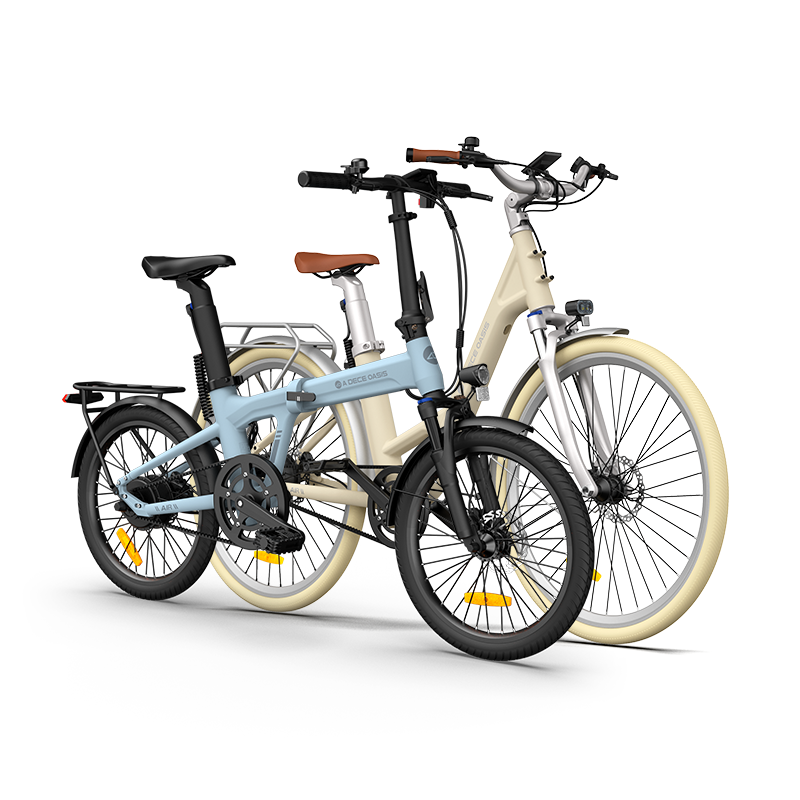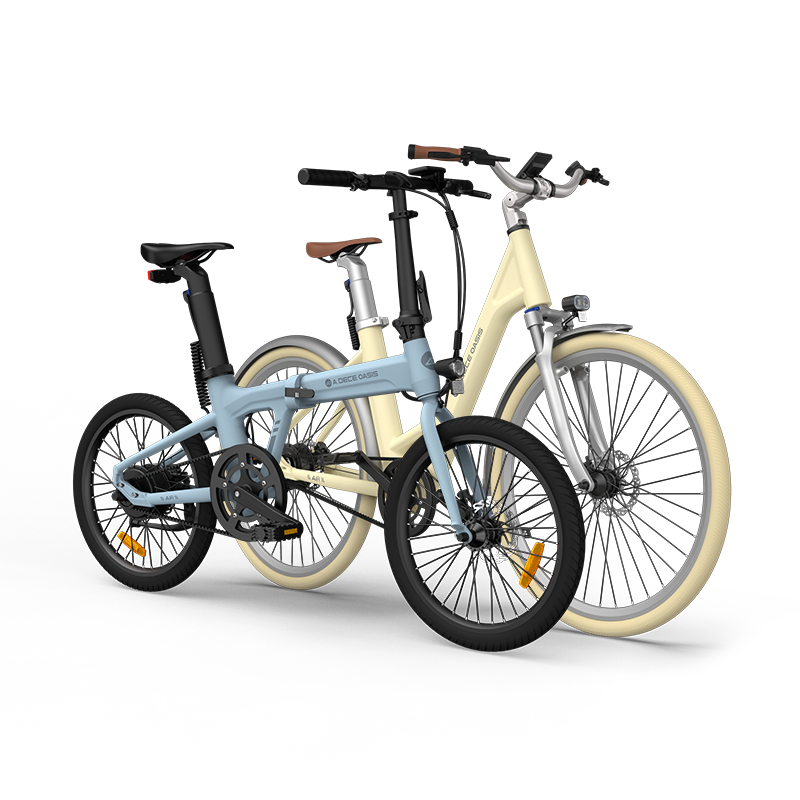As global environmental problems become increasingly serious, finding more environmentally friendly means of transportation has become the key to urban development and sustainable living. As an emerging green travel mode, electric bikes are gaining more and more favor due to their environmental protection, energy saving, and low carbon characteristics. In this article, we will delve into the multiple benefits of electric bikes in environmental protection and see how it can build a greener future for us.

1. Reduce carbon emissions
One of the biggest environmental advantages of electric bikes is reducing carbon emissions. Compared with traditional fuel vehicles, electric bikes produce almost no tailpipe emissions, especially in urban traffic, which reduces a lot of carbon dioxide emissions.
Comparison between fuel vehicles and electric bikes: Every year, the amount of carbon dioxide emitted by each fuel vehicle is considerable, while electric bikes are driven by electricity, which not only does not directly emit greenhouse gases, but also can further reduce carbon footprints by using renewable energy.
Digital comparison: According to some research reports, the carbon emissions per kilometer of electric bikes are only about 1/30 of those of fuel vehicles and about 1/5 of those of electric vehicles.
By promoting electric bikes, we can effectively reduce greenhouse gas emissions in cities and contribute to the fight against climate change.
2. Reduce air pollution
Urban air pollution has become a serious problem in major cities around the world, especially the exhaust emissions from vehicles are an important source of pollution. Electric bikes do not burn fuel, so they do not produce harmful pollutants such as nitrogen oxides, particulate matter and volatile organic compounds.
Improvement of urban air quality: The popularity of electric bikes will help reduce air pollution in urban central areas, especially in high-density traffic areas, riding electric bikes can significantly improve air quality.
Synergy between electric bikes and other green transportation tools:If electric bikes can be combined with other green travel modes (such as public transportation and walking), the overall reduction in traffic emissions will be more significant.
In terms of reducing pollution and improving air quality, electric bikes provide a low-cost and effective solution.

3. Reduce energy consumption
Unlike traditional bikes that rely on petroleum energy, ebikes are powered by electricity, especially when the source of electricity gradually shifts to renewable energy (such as solar energy, wind energy, etc.), the energy consumption of e-bikes will be more sustainable.
Energy efficiency of ebikes: Compared with fuel vehicles, ebikes are much more energy efficient. Ebikes can travel 50-70 kilometers per kilowatt-hour of electricity consumed, which is much higher than traditional cars with the same energy.
Utilization of renewable energy: As the proportion of renewable energy increases, electric bikes will be more environmentally friendly. If the charging of electric bikes comes from green electricity such as solar or wind power, its environmental benefits will be further improved.
Therefore, electric bikes not only reduce dependence on fossil fuels, but also provide a feasible solution for reducing overall energy consumption.
4. Relieve traffic congestion
Traffic congestion is a major problem facing modern cities. Excessive reliance on private cars for travel not only wastes time, but also increases the burden on the environment. Due to their small size and strong flexibility, electric bicycles can travel freely on busy urban roads, greatly alleviating traffic pressure.
Optimization of urban space utilization: Electric bicycles occupy relatively small road space, which can reduce the occupation of road resources, thereby improving road traffic efficiency and reducing automobile emissions.
Reduction of congestion costs: Studies have shown that the popularity of electric bicycles can not only reduce traffic pressure, but also save time and fuel costs wasted due to traffic jams, thereby further indirectly reducing pollution.
By reducing the use of cars, electric bicycles help cities achieve more efficient traffic flow, thereby reducing environmental pressure.
5. Environmental friendliness of the life cycle of electric bicycles
In addition to the use stage, the life cycle of electric bicycle is also relatively environmentally friendly. Although the process of manufacturing and handling batteries may have certain environmental impacts, its overall life cycle carbon emissions are much lower than those of fuel vehicles compared to traditional bikes.
Low carbon emissions in the manufacturing process: The manufacturing process of electric bicycles is more environmentally friendly than that of traditional bikes. The manufacturing process requires less materials and is small in size, which reduces the consumption of raw materials.
Battery recycling and reuse: Although the manufacture and disposal of batteries pose certain challenges to the environment, with the advancement of battery recycling technology, the recycling and reuse of batteries will reduce the waste of resources and improve the overall environmental benefits.
Throughout the life cycle, the impact of electric bicycles on the environment is much lower than the traditional bikes. Therefore, in long-term use, its positive benefits to the environment will become more and more significant.
Conclusion
As an environmentally friendly way of travel, electric bikes are changing our perception of transportation. In terms of reducing carbon emissions, reducing air pollution, saving energy, and alleviating traffic congestion, electric bikes have shown great environmental potential. With the continuous advancement of technology and policy support, ebikes are expected to become one of the mainstream choices for green travel in the future.
Let us ride electric bikes together, contribute to environmental protection, and jointly create a cleaner and greener tomorrow!







